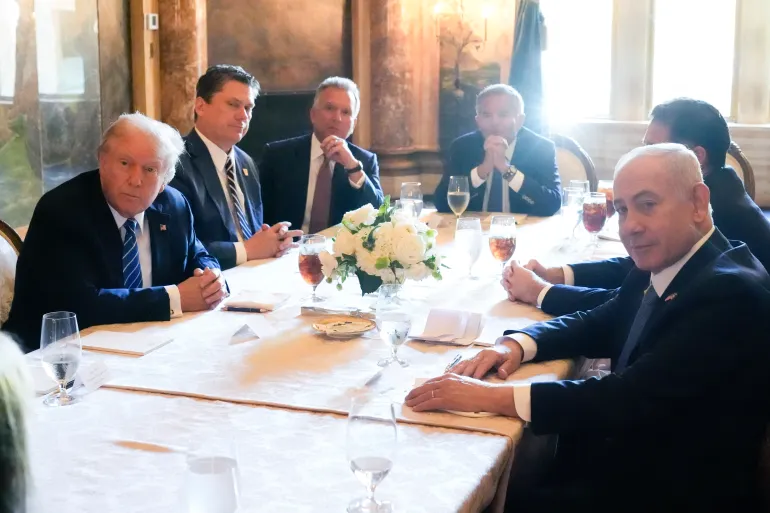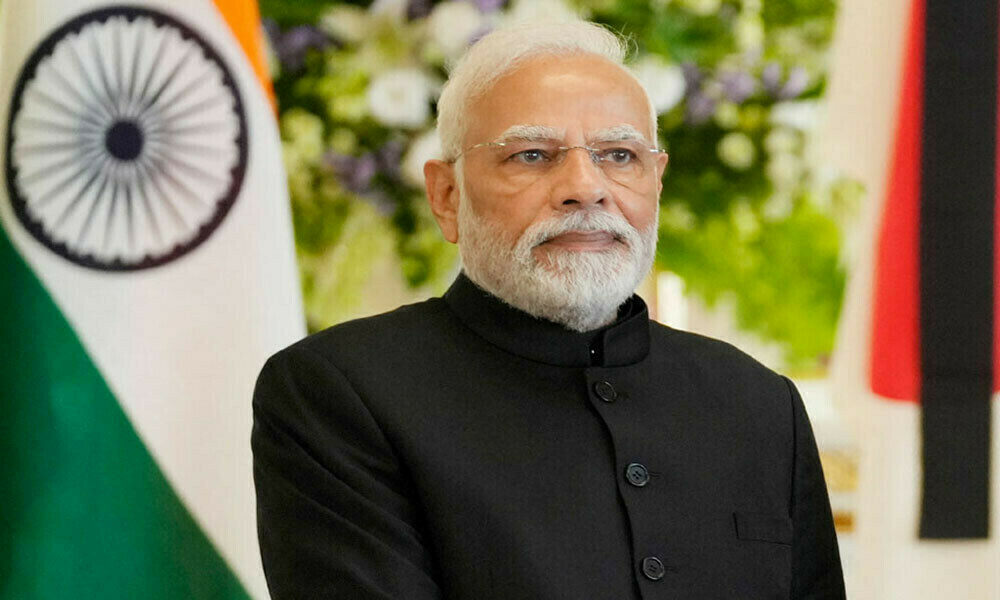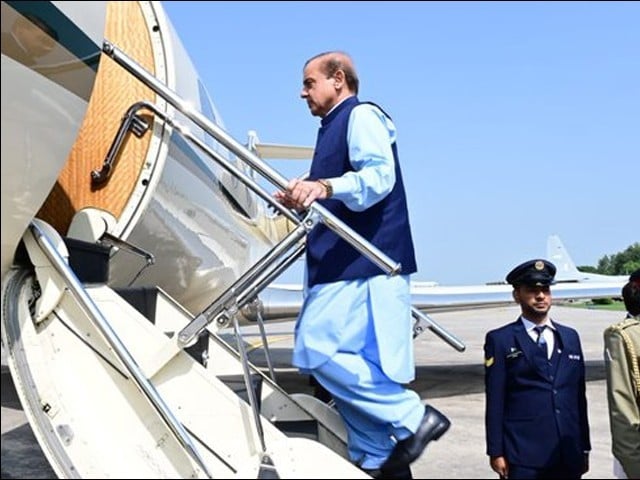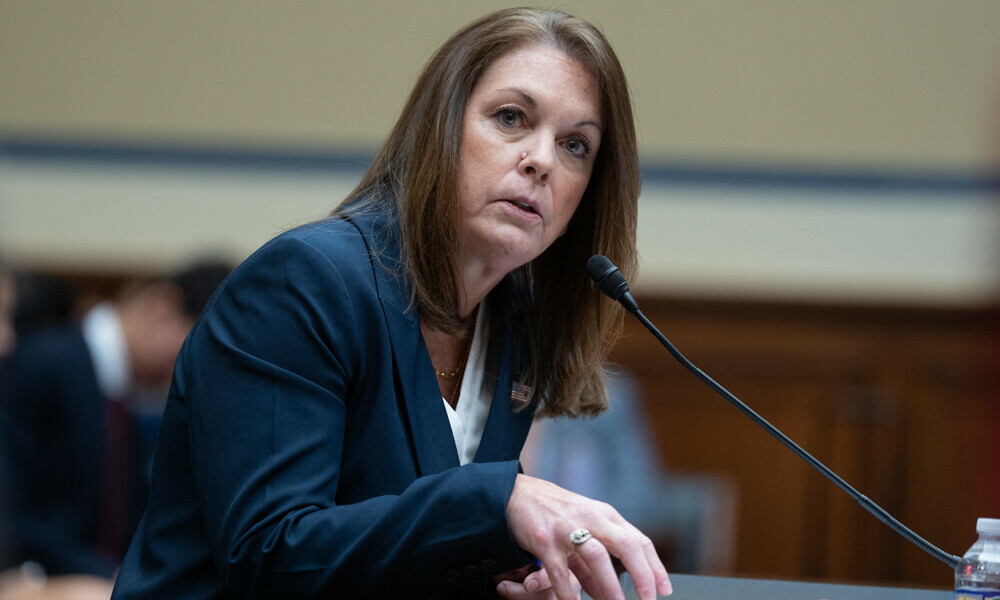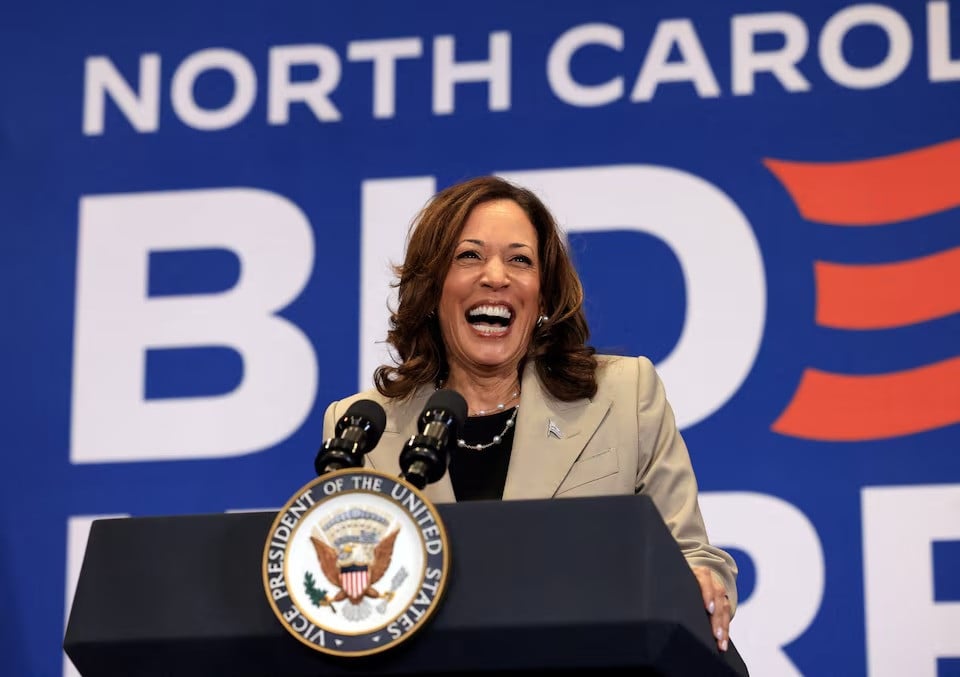The interim government of Pakistan sought to dispel concerns on Sunday regarding its plans to reduce circular debt and rationalize tariffs, emphasizing “productive deliberations” with the International Monetary Fund (IMF). This comes amid reports suggesting the IMF wasn’t fully on board with the proposed strategies.
Government Clarifies Progress:
- In a statement, the Petroleum Division declared that additional information has been shared with the IMF following “productive deliberations.”
- They anticipate “further progress on these plans in the coming week,” hoping to address the “negative perception” surrounding the initiatives.
Concerns and Discrepancies:
- Some reports suggested the IMF disagreed with the circular debt reduction plan, but the IMF Resident Representative did not respond to Business Recorder’s inquiries for confirmation.
- Previously, Business Recorder reported interactions between the caretaker government and IMF regarding tariff rationalization and circular debt reduction plans.
- Sources revealed that the IMF sought clarifications from the government team, which were promised to be addressed promptly.
- However, later reports indicated the IMF hadn’t approved the proposals, causing uncertainty.
Specifics of the Plans:
- The proposed tariff rationalization plan aims to reduce industrial tariffs by 8.5-11.75 cents/kWh, funded by increasing fixed charges for protected consumers by Rs50-450 per month.
- If approved, the government would use its own funds to settle the energy sector’s circular debt stock of Rs1,268 billion.
Unclear Future:
While the government assures progress, the IMF’s official stance remains unclear. Concerns about Nepra’s (National Electric Power Regulatory Authority) perspective on rising tariffs also add complexity. The coming week will be crucial in determining the fate of these plans and their potential impact on Pakistan’s energy sector.
Pl, subscribe to the YouTube channel of republicpolicy.com






































